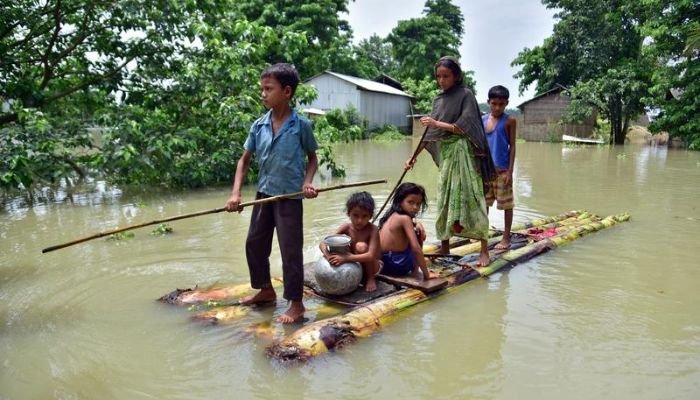Beijing, which claims democratically governed Taiwan as its own territory, has conducted military drills around the island to express its anger over US House of Representatives Speaker Nancy Pelosi’s visit to Taipei in early August.
The de facto US embassy in Taipei said the delegation is being led by Senator Ed Markey, who is being accompanied by four House lawmakers on what it described as part of a larger visit to the Indo-Pacific region.
Taiwan’s presidential office said the group would meet Tsai on Monday morning.
11 Chinese military aircraft entered Taiwan’s air defence zone
“Especially at a time when China is raising tensions in the Taiwan Strait and the region with military exercises, Markey leading a delegation to visit Taiwan once again demonstrates the United States Congress’ firm support for Taiwan,” it said in a statement.
Markey chairs the Senate Foreign Relations East Asia, Pacific, and International Cybersecurity Subcommittee. The co-leaders of the visit are Representative John Garamendi of the congressional Nuclear Weapons and Arms Control Working Group and Representative Don Beyer, a spokesperson for Markey said.
Markey’s office said the lawmakers
“will reaffirm the United States’ support for Taiwan as guided by the Taiwan Relations Act, US-China Joint Communiques, and Six Assurances, and will encourage stability and peace across the Taiwan Strait”.
The group will meet “elected leaders and members of the private sector to discuss shared interests including reducing tensions in the Taiwan Strait and expanding economic cooperation, including investments in semiconductors”, Markey’s office said.
Taiwan’s Foreign Ministry published pictures of four of the group being met at Taipei’s downtown Songshan airport having arrived on a US air force transport jet, while Markey arrived at the Taoyuan international airport.
“The delegation will meet with senior Taiwan leaders to discuss US-Taiwan relations, regional security, trade and investment, global supply chains, climate change, and other significant issues of mutual interest,” the de facto US embassy said.
While China’s drills around Taiwan have abated, it is still carrying out military activities.
Eleven Chinese military aircraft crossed the Taiwan Strait’s median line or entered Taiwan’s air defence zone on Sunday, Taiwan’s Defence Ministry said. Thirteen planes crossed the strait on Saturday, the ministry said.











